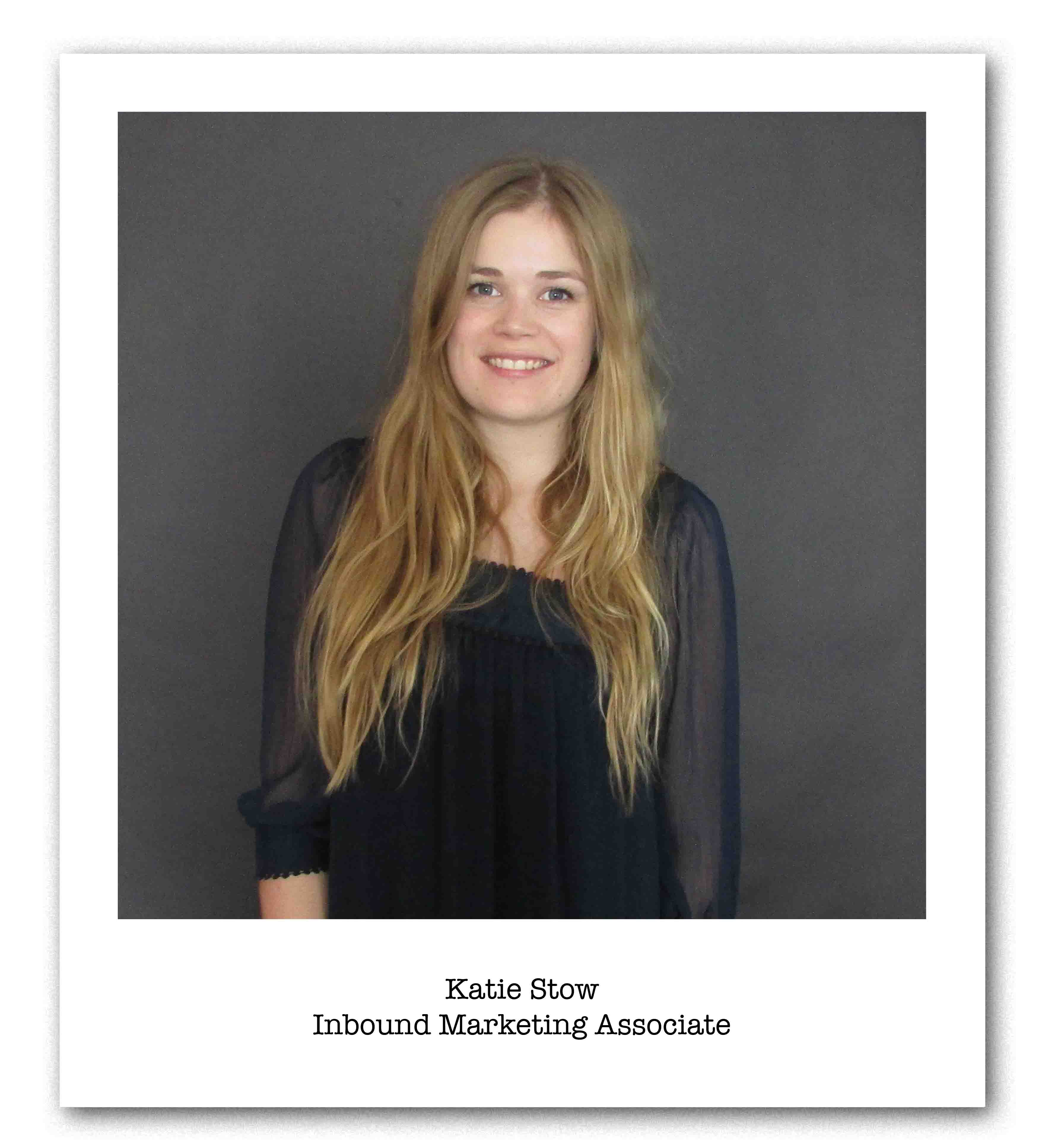BECOME W.I.S.E.R. with Your AI Prompts - A guide for sales managers
Everyone’s wittering on about AI like it’s the second coming. But here’s the rub: if you give it half-baked prompts, you’ll get half-baked answers....
3 min read
 Katie Stow
Updated on August 23, 2017
Katie Stow
Updated on August 23, 2017

We have all figured out by now that social media is a pretty powerful tool – for your personal brand as well as your business’ marketing. The web is littered with social media success stories where individuals have become influencers and organisations have grown ten-fold with a little social-savviness. However, one hurdle that many run into when building their social strategies is where personal ends and business begins.

Many small companies begin as a one-man-band, where the brand power of the company rests on one individual. This can often mean that the personal accounts associated with that individual become the first foundations of the company’s social media voice – and where many of the business’ core connections reside. Many of the company’s communications will run through this account – which is fine, at the beginning, but as the business grows – the social accounts will have to too.
This is because a social media-savvy company can quickly draw the attention of thousands through carefully constructed and conversational posts online, and eventually draw that engaged audience back to their own website where they may convert into a customer. A follower is aware of the consequences of following an organisation and that there is ultimately a product to sell, but if content is engaging and helpful they will stick around long enough to become a certified lead. A company’s social content should be stuffed with great problem-solving stories generated from known issues of potential buyers – with an equal distribution of links back to both, your own content and other players in the field. These social accounts should reflect your brand and give your audience a strong sense of what the business is about and what it stands for. The tone is often a little more professional on company pages than on personal social, but should remain relaxed and approachable so your audience isn’t afraid to get in touch. This is because one of the great bonuses of having a company social page is that it is a great point of contact for an intrigued lead – allowing them to contact the company is a less-formal setting than a business call and, in turn, letting the company (as a whole) offer a response.
So you are now sold on the idea that you need to fire-up company social media accounts – but what happens to your personal ones?
There have been great debates online about what to do with your personal social media accounts once you have developed your business pages, and the answers vary massively. Some recommend remaining the figure head of the company and some suggest wiping yourself completely from the web. I disagree with both of these because I believe that there is a happy medium.
If you have established professional connections on social media with your personal account then don’t undo your hard work by deleting them, you just have to adjust your posting slightly. Once you have established your business pages then promote them on your personal account – recommend friends to follow your company’s Twitter account and share something from your business Facebook page to your own and write a little spiel to your connections about this brilliant business you are now part of. Once you have attempted to shift the attention across to the business side of things and are gaining followers and interactions there, then it is time to pull back on the personal account. Slowly calm down the posting of business news on your personal pages, perhaps just sharing blogs or blasting about important changes in the company. You don’t want to overload your personal connections with information about business because a) it might infuriate them and b) they are probably not your target audience. Channel your content through your business accounts and only share the stuff you really love (and you think your personal friends will enjoy). You will soon find managing your social accounts a lot less confusing and a slightly clearer separation between business you and personal you.
This fusion of personal and business accounts is really important as it allows you to maintain those important early connections established when the company was first finding its feet whilst also building a proper professional representation of your brand. Additionally, it can be quite a nice touch having the two from a business and marketing perspective as being able to (virtually) meet the CEO of a company brings business back to reality and shows the approachable, human qualities of the organisation. We promise you that this method will work, simply because it worked for us, and it was a simple, successful way to gain, retain and entertain our social media audience.
Looking for more ways to impress on social media? Download our helpful eBook to become an expert in 11 pages!
Subscribe to our latest news and updates on HubSpot.

Everyone’s wittering on about AI like it’s the second coming. But here’s the rub: if you give it half-baked prompts, you’ll get half-baked answers....

The business world is falling head over heels for AI—and who can blame it? With promises to reduce grunt work, uncover insights, and turbocharge...

Search is evolving - fast. For two decades, SEO has revolved around Google’s algorithm: keywords, backlinks, metadata, and page speed. But with the...